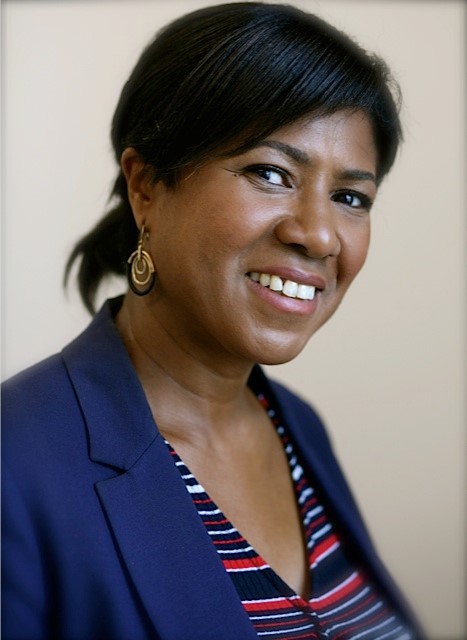This International Women’s Day, Lila Thompson, chief executive of British Water looks at how increasing inclusion of women in the water sector is better for business and the wider community.
A World Bank report, released in 2019, identified a lack of women in technical and managerial positions in water utilities and a recent Energy & Utilities Skills Partnership report found women make up only 29.1% of the workforce in the water industry, compared to 47.3% of women in the UK’s workforce across all sectors.
These shocking statistics give rise to many questions.
For example, what keeps women from considering careers in water utilities? What challenges do they face, that their male counterparts may not? Most importantly, how can the sector make it easier to recruit, train and retain skilled women in the sector?
Leading the way
The significant gender imbalance across the water industry is a legacy of women long being underrepresented in the science, technology, engineering and maths (STEM) sectors.
The transition towards a more balanced sector where everyone can thrive must accelerate – and with our ongoing Women on Water campaign, British Water is continuing to help lead the charge.
Launched in 2018, the initiative was conceived to support women with their careers and personal development. It continues to build momentum, with the renewal of a successful mentoring programme and in-person networking receptions taking place in 2021 and planned for 2022.
In addition, British Water’s pledge committed to increasing the number of women on its non-executive board and has urged the rest of the industry to follow its lead. It also aims to ensure equality between its male and female employees, and those from Black, Asian and minority ethnic (BAME) backgrounds, we set out a series of promises focusing on opportunity, personal development and pay and pledged to ensure that 30% of the non-executive board are women by 2025. We still have some way to go.
British Water also challenges the rest of the sector to do the same and look at their own demographics and make any changes necessary to remove barriers around recruitment, retention and progression. We must also put our efforts into sending out collective, positive messages to make the sector an appealing place to work so it can become more inclusive and truly representative of the communities it serves.
Rewarding diversity
It is imperative the sector recognises and celebrates the importance of increasing the diversity of the workforce – for example through the Water Industry Award’s diversity and inclusion initiative of the year, which is held in partnership with British Water. This award recognises companies that are going above and beyond with initiatives designed to celebrate and support diversity and inclusion in all its guises.
As a judge, I am keen to see initiatives that have brought about a transformation in the way businesses build inclusion into every-day practices. I also want to see examples of how glass ceilings are being shattered and seats at the table provided to those that are from under-represented groups.
Positive moves
There are already positive moves within the sector, and it is heartening to see a UK water company at the forefront of gender equality. Earlier this year Severn Trent was recognised in the 2022 Bloomberg Gender-Equality Index (GEI) for the third consecutive year. The index measures gender equality across five pillars: female leadership and talent pipeline, equal pay and gender pay parity, inclusive culture, anti-sexual harassment policies, and pro-women brands.
Meanwhile Thames Water has a thriving Women’s Network where employees from across the business work together to improve gender inclusivity, share knowledge and learning, and work with the company to recruit and retain female talent.
This year, companies and partners across the water industry will come together for the first water industry International Women’s Day event, hosted by Thames on 8th March. As a keynote speaker I am thrilled to be taking part in such an important event which aims to inspire, promote, and celebrate women across the industry and beyond.
The Institute of Water will also be hosting Supporting People in Water events from 9 -10 March. and I am looking forward to giving the opening address at the networking reception in Cambridge on day two.
Breaking the bias
There is still much work to be done to ensure a fair and equitable future for all those who work in utilities, regardless of age, gender, race or sexuality. There are a few things that the sector can do to help elevate women working in water both now and in the future, including:
- Inspiring women and allies across the industry through case studies and content that showcases successful women, and gender positive initiatives
- Promote healthy conversations to drive change and encourage equality
- Celebrate women across the industry who continue to advocate for equality and inclusion.
Analysis from global management consultancy McKinsey found that companies in the top quartile for gender diversity on executive teams were 25 percent more likely to have above-average profitability than companies in the fourth quartile, proving that diversity is not just preferable – it is profitable.
Diversity and inclusion have never been more important – and while the water sector has seen some fantastic initiatives in recent years, there is still some way to go. Now is the time for the water industry to make a stand to promote gender equality and inclusion together.




